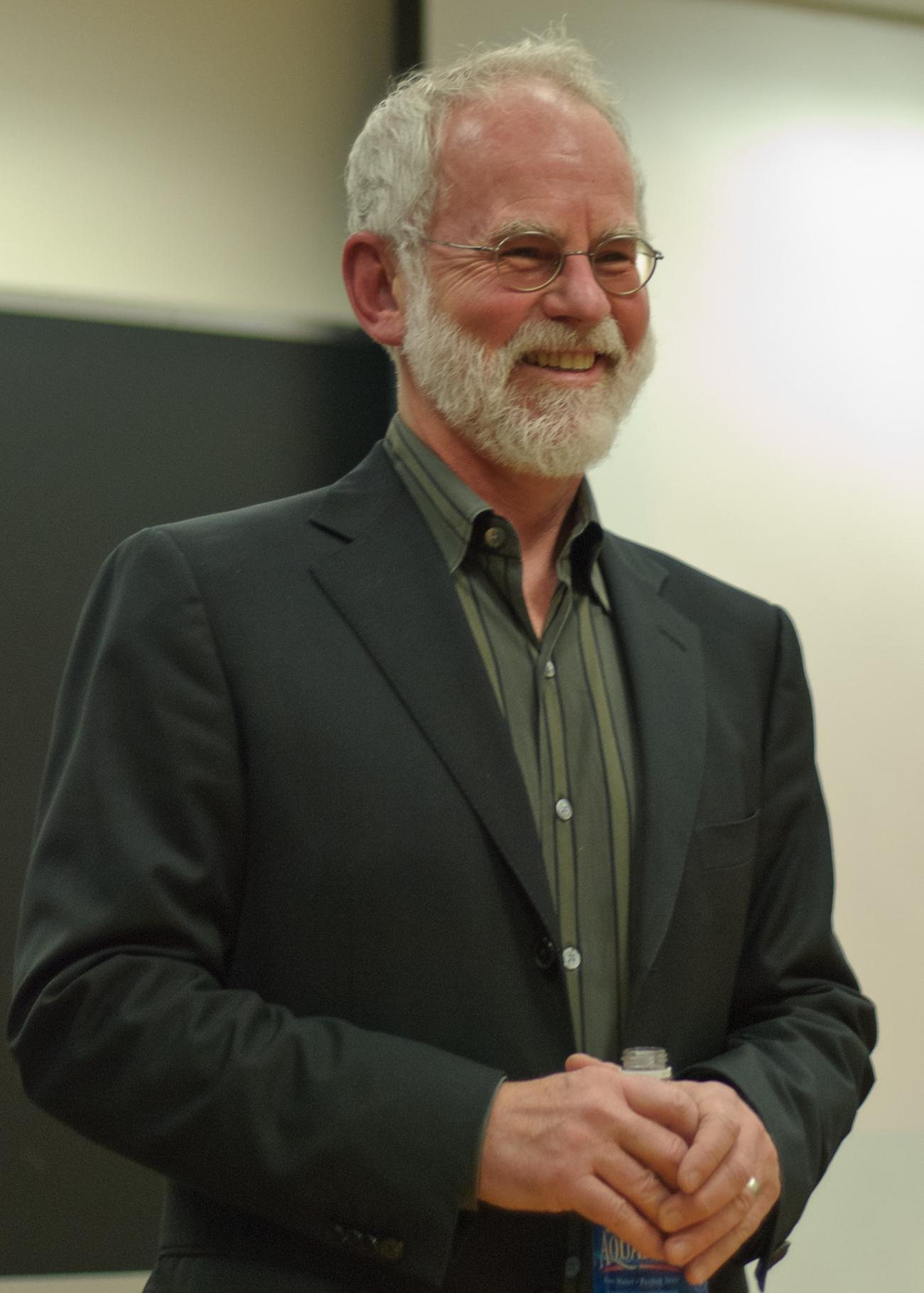
Six Stanford faculty members elected to the American Academy of Arts and Sciences
Six Stanford faculty members, including Professor Roy Pea of the Graduate School of Education, are among the more than 200 new members elected today to the American Academy of Arts and Sciences, which honors exceptional scholars, leaders, artists and innovators engaged in advancing the public good.
The new Stanford members to join the Class of 2019 are as follows.
Harry J. Elam, Jr. is the senior vice provost for education, the vice president for the arts, the Freeman-Thornton Vice Provost for Undergraduate Education and the Olive H. Palmer Professor in Humanities. Elam is a scholar of social protest theater, performance and popular culture and African American drama. He is the author and editor of seven books, including Taking It to the Streets: The Social Protest Theater of Luis Valdez and Amiri Baraka, The Past as Present in the Drama of August Wilson and Black Cultural Traffic: Crossroads in Performance and Popular Culture.
Judith L. Goldstein is the Janet M. Peck Professor of International Communication, the Kaye University Fellow in Undergraduate Education and a senior fellow at the Stanford Institute for Economic Policy Research. Goldstein’s research focuses on international political economy with a emphasis on trade politics. She has written or edited six books, including Ideas, Interests and American Trade Policy and The Evolution of the Trade Regime: Politics, Law and Economics of the GATT and the WTO.
Charles I. Jones is the STANCO 25 Professor of Economics at the Graduate School of Business, the Charles and Melissa Froland Faculty Fellow for 2018-2019 and a senior fellow at the Stanford Institute for Economic Policy Research. His research focuses on long-run economic growth. Specifically, he has examined the fundamental sources of growth in incomes over time and explored why enormous differences in standards of living vary across countries. Jones is the author of two textbooks, Introduction to Economic Growth and Macroeconomics.
Roy Pea is the David Jacks Professor of Education and Learning Sciences at the Graduate School of Education and the director of the H-STAR Institute at the GSE. His scholarship focuses on creating equitable opportunities for advanced learning of complex subjects. He is a pioneer in the use of use of technology and multimedia tools to study learning. Throughout his career, he has built training programs at universities in learning technology and design, created research partnerships, and developed professional development programs for teachers and K-12 learning technologies. He is the co-author of How People Learn and co-editor of Video Research in the Learning Sciences.
Nathaniel Persily is the James B. McClatchy Professor of Law at Stanford Law School and a senior fellow at the Freeman Spogli Institute for International Studies. Persily’s scholarship and legal practice focus on American election law (sometimes called the “law of democracy”), which addresses issues such as voting rights, political parties, campaign finance, redistricting and election administration. He was also court-appointed to craft congressional or legislative districting plans for Georgia, Maryland, Connecticut, New York, North Carolina and Pennsylvania. Persily is co-author of an election law casebook, The Law of Democracy.
Andras Vasy is a professor of mathematics whose recent research has investigated the mathematical structure of Einstein’s theory of gravity. His previous work has examined how partial differential equations can describe a wide range of physical phenomena, including heat transfer, fluid dynamics and acoustics. Within this field, Vasy has contributed to the fundamental understanding of scattering theory, which looks at the interaction of partial differential equation solutions over time and provides a framework for the study of particle and wave scattering.
The American Academy of Arts and Sciences serves the nation as a champion of scholarship, civil dialogue and useful knowledge. The academy is committed to interdisciplinary, nonpartisan research that provides pragmatic solutions for complex challenges.
The new class – the academy’s 239th – will be inducted at a ceremony in October 2019 in Cambridge, Massachusetts.
Faculty mentioned in this article: Roy Pea



